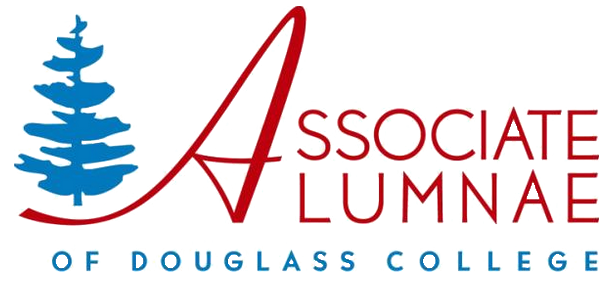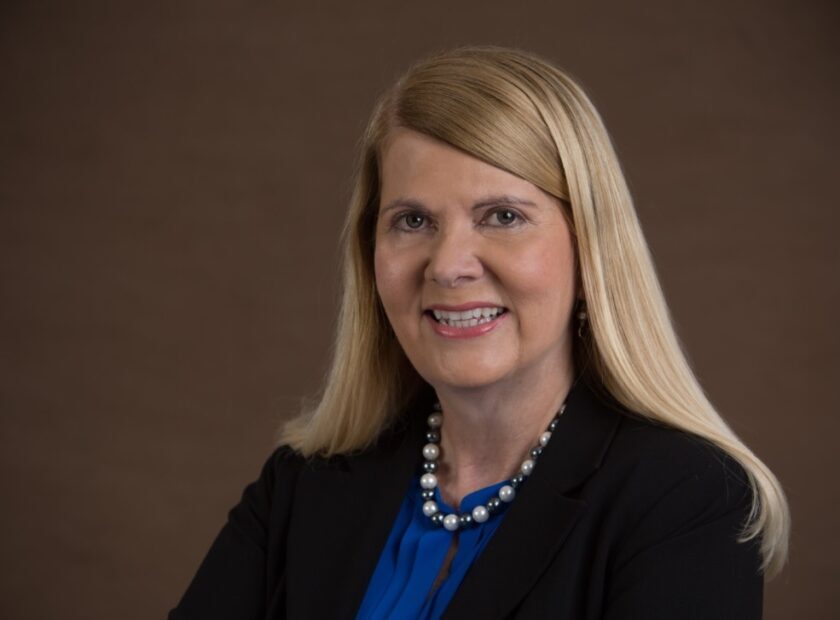

Talking About Mental Health Brings Greater Awareness
The Associate Alumnae of Douglass College (AADC) joins in raising awareness about the importance of mental health and its impact on the well-being of children, adults, families, and communities everywhere. Today and all throughout the year, we salute those working in mental healthcare who are part of our alumnae community and beyond as we recognize National Mental Health Awareness Month during May.
“We honor the absolute courage of the tens of millions of Americans living with mental health conditions, and we celebrate the loved ones and mental health professionals who are there for them every day,” President Joseph Biden shared in his recent “Proclamation on National Mental Health Awareness Month,” addressing the importance of access to care.
We are inspired by the commitment and sacrifice of those in our AADC community who are working to improve the lives of others.
“Ensuring good mental health for all is a driving force in my life,” says AADC Board Member Jennie Vila ‘07, EdM, a Licensed Professional Counselor, Approved Clinical Supervisor, and telehealth therapist, who has been working in the field of mental health for the last 14 years.
Earlier this year, Jennie presented an AADC virtual workshop about the common phenomenon known as Imposter Syndrome, when an individual is filled with self-doubt and believes that they are undeserving of their achievements. As the owner of Growth Mindset, she has also presented workshops at the AADC’s Victoria Dabrowski Schmidt ’42 Workplace and Professional Development Symposium and during Reunion Weekend.
“Mental Health Awareness Month is important because the more we talk about mental health, the more normal it becomes to do so,” says Jennie.
“There was once a time when cancer was whispered like a dirty word,” says Jennie. “Now you can’t go a day without hearing or seeing that word somewhere and treatment has gotten better because of this public awareness. I believe the same can happen as we talk about mental health, and treatment for people with depression, bipolar disorder, and schizophrenia (just to name a few!) can only be improved with greater awareness of how these conditions impact people’s lives,” she says.
“The more we talk about how these conditions affect lives, the more aware we can become,” says Jennie. “The recognition of and normalizing a person’s experience can have a big impact.”
If you are looking for access to mental health services and resources, Jennie’s suggestions include to check with your insurance provider, and with resources such as the National Alliance on Mental Illness at NAMI.org, and the National Suicide Hotline at 988lifeline.org.
Thank you to the dedicated mental health providers whose service and support improves the lives of others as we work together to advocate and raise awareness for mental health in our AADC community and beyond.




